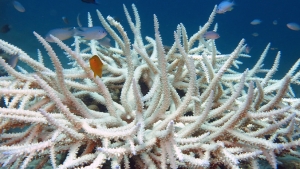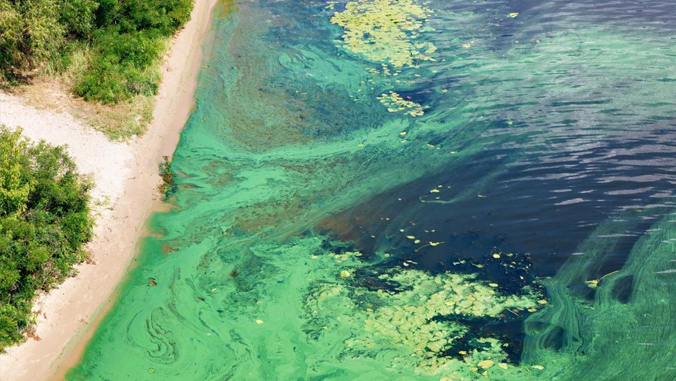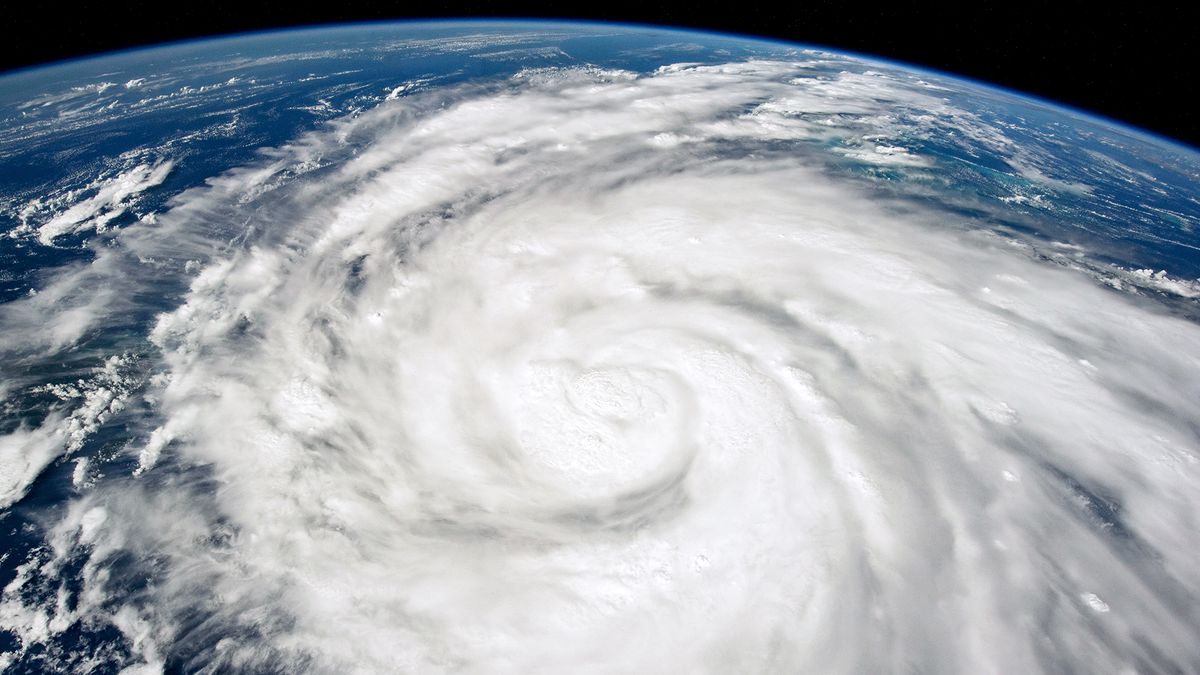Microbes may be small, but they have a huge impact on environmental and human health in a changing climate. the American Society for Microbiology (ASM) published a new report, Microbes and climate change: science, people and impactsco-authored by David Karla university of Hawaii to oceanographer Mānoa, and more than 30 experts from various disciplines, illuminating how microbes can help us adapt to climate change.
As the main drivers of the elemental cycles and producers and consumers of three of the gases responsible for 98% of the increase in global warming (carbon dioxide, methane and nitrous oxide), microbes have a crucial impact on climate change and are, in turn, impacted by it. . To fully understand how to adapt to climate change, it is essential to know how our changing climate will impact microbes and how they relate to humans and the environment.
“It has been said that the very big is achieved by the very small,” Karl said. “Germs matter! Since 1988, Karl and his colleagues have tracked changes in the ecology of marine microbes in response to climate change at uhdeep seabed observatory, ALOHA Station.

This report is the result of ASMof the November 2021 colloquium, which brought together more than 30 experts from various disciplines and sectors who provided multi-faceted perspectives and insights. The American Academy of Microbiology, the honorary leadership group and think tank within ASMcalled the symposium.
Karl, who is also the director of Center for Microbial Oceanography: research and teaching in uh Manoa’s School of Ocean and Earth Science and Technology (SOEST), was a key participant in the symposium and contributed to the report. He was also the author of the companion article, Microbes and climate change, a prospective research for the futurepublished this week in mBio. the mBio The paper builds on concepts discussed at the November colloquium meeting and provides extensive insight and opinions on the research needed to fill knowledge gaps.
Microbial sciences can provide us with invaluable information on how to adapt to climate change and its cascading effects. From developing alternative fuels to preventing the spread of pathogens, the applications of microbes are wide and far-reaching. The report details key recommendations for researchers, policymakers and regulators.
Main recommendations of the report:
- Emphasize interdisciplinary research focused on understanding how microbial activities and metabolic flux change as climate, precipitation, and temperature change globally.
- Provide guidance for experimental design and data collection for the study of microbial communities that allows comparison of data across diverse and global ecosystems.
- Incorporate existing data on microbial diversity and greenhouse gas consumption and production activity into Earth-climate models to improve the current and predictive performance of the models.
- Increase investment in research to generate knowledge and awareness of the contribution of microbes to the generation and consumption of warming gases; integrate these findings into evidence-based policy and regulatory strategies to address climate change.
- Deploy increased surveillance and detection of zoonoses and vector-borne diseases in animals and humans, including through next-generation sequencing technologies, and integrate a One Health approach to address the effects of climate change on humans, animals and our environment.
For more information on the report, see SOESTthe website of.




